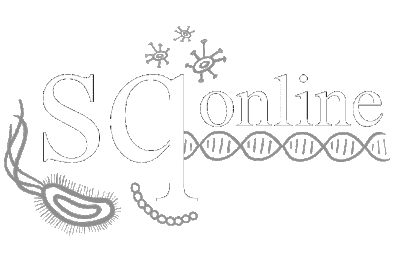For many modern day biologists, there will soon be another skill to add to the growing list of expectations: computer programming.
With improving DNA sequencing technologies (as elaborated on in an earlier article), we’re on the cusp of a new age where, on a consistent basis, we’ll be working with massive amounts of genomic DNA to complement existing biological and medical research on various genes, proteins, diseases, and more.
In the new age of big data (large databases and compilations of information), the conventional role of the biologist as one who simply does lab work and experiments is perhaps no longer sufficient to keep up with advancements in biology, health and medicine.The field of bioinformatics and skills in data analysis are rising trends, with biotech companies and higher education institutions like UC San Diego looking to expand education in these fields. The most recent example is UCSD’s collaboration with the biotech company, Illumina, in providing a six-course bioinformatics specialization track for students with backgrounds in biology and/or computer programming. The online courses will help provide biologists with computational skills necessary for “big data crunching” and analysis.
These computer programming skills, previously deemed unnecessary for biologists, are now becoming more helpful for researchers dealing with large data sets. The sheer amount of data produced from experiments and data available on public databases require data analyzation skills for successful data interpretation. In particular, the emerging field of personalized medicine is another reason that biologists and medical researchers with computer programming skills will be in high demand.

Personalized medicine, predicted to revolutionize modern medicinal practices, relies on linking patterns of diseases with large genomic databases, thus enabling medical practitioners to diagnose a patient’s risk of disease or come up with an ideal treatment for a disease based on the patient’s genome. Two main obstacles of personalized medicine implementation in a clinical setting are the lack of full patient genomes (due to the cost of sequencing), and the lack of sufficient research in connecting sequence data to medical phenotypes. With DNA sequencing technologies experiencing a breakthrough, we can expect an enormous influx of genomic data in relation to disease research in the near future. This growing “supply” of big data would increase the demand for computer programming and data analysis skills in the field of biology and medical research. Large biotech companies, like Illumina, sense the imminent change and are looking to shape the educational landscape in the hopes of preparing future biologists for these research challenges. Collaboration courses with universities are a sign of expanding opportunities in bioinformatics and expected skill-sets of future biologists that will greatly affect our futures in biology.
[hr gap=”2″]
Sources
- http://jacobsschool.ucsd.edu/news/news_releases/release.sfe?id=1793
- https://www.genomeweb.com/informatics/uc-san-diego-teams-illumina-launch-bioinformatics-specialization-coursera
